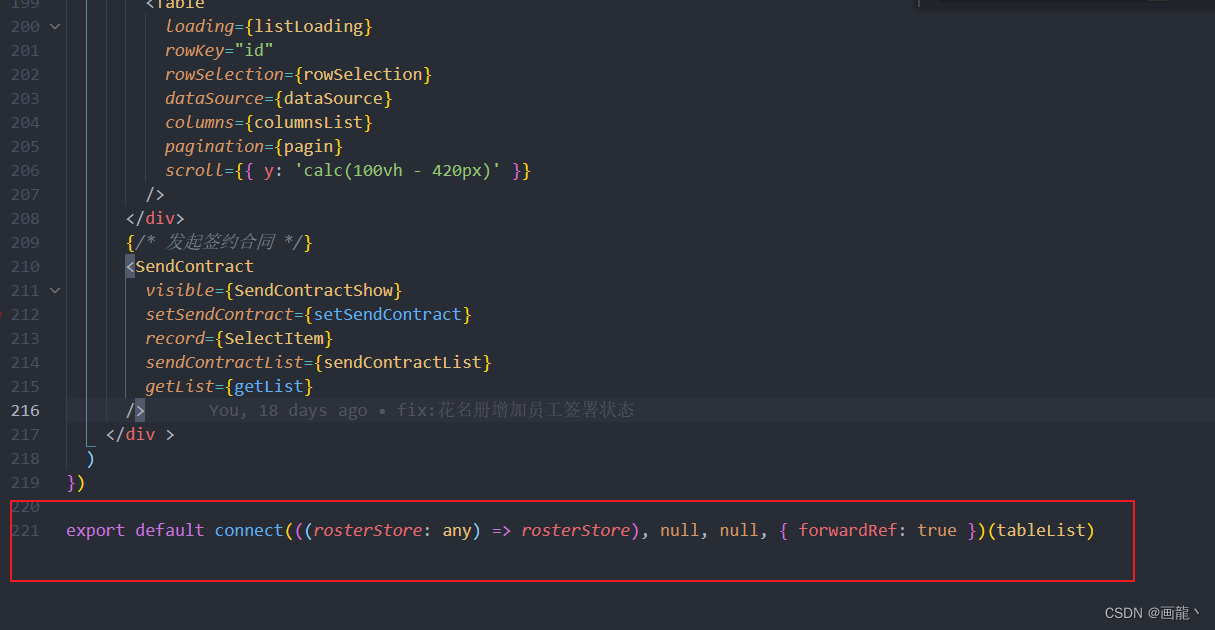#实验可得每次shuffle后数据都被打乱,这个方法可以在机器学习训练
#的时候在每个epoch结束后将数据重新洗牌进入下一个epoch的学习
num=np.arange(20)
print(num)
np.random.shuffle(num)
print(num)
num1=np.arange(20)
print(num1)
np.random.shuffle(num1)
print(num1)
np.random.shuffle(num1)
print(num1)
#打印输出:
[ 0 1 2 3 4 5 6 7 8 9 10 11 12 13 14 15 16 17 18 19]
[ 1 5 19 9 14 2 12 3 6 18 4 8 16 0 10 17 13 7 15 11]
[ 0 1 2 3 4 5 6 7 8 9 10 11 12 13 14 15 16 17 18 19]
[ 2 4 13 14 11 17 9 19 5 12 15 7 18 16 3 10 1 8 0 6]
[ 8 11 13 6 19 7 9 12 4 3 10 14 15 2 1 0 17 18 16 5]
1.np.random.rand 用于生成[0.0, 1.0)之间的随机浮点数, 当没有参数时,返回一个随机浮点数,当有一个参数时,返回该参数长度大小的一维随机浮点数数组,参数建议是整数型。
np.random.rand(8)
output [ 0.55958421 0.97358761 0.77753246 0.28072869 0.18467794 0.85755336
0.03976048 0.08161713]
2、np.random.randn这个函数返回一个样本,具有标准正态分布。
output [ 0.5512808 1.32780895 -0.95738756 0.93710414 -2.0854875 -0.5100787 n 0.40982079 -1.235186 ]
3、np.random.randint(low[, high, size]) 返回随机的整数,位于半开区间 [low, high)。
output [3 3 8 7 3 2 6 2 3 6]
4、random_integers(low[, high, size]) 返回随机的整数,位于闭区间 [low, high]。
output=4
5、 np.random.shuffle(x) 类似洗牌,打乱顺序;np.random.permutation(x)返回一个随机排列.
np.random.shuffle(arr)
print(arr)
np.random.permutation(10)
output[1 7 5 2 9 4 3 6 0 8 ]
array([1,7,4,3,0,9,2,5,8,6])
1、random.randint(low, hight) -> 返回一个位于[low,hight]之间的整数。
该函数接受两个参数,这两个参数必须是整数(或者小数位是0的浮点数),并且第一个参数必须不大于第二个参数
random.randint(1,10)
random.randint(1.0,10.0)
2、random.random() -> 不接受参数,返回一个[0.0, 1.0)之间的浮点数
3、random.randrange(start, stop, step) -> 返回以start开始,stop结束,step为步长的列表中的随机整数,同样,三个参数均为整数(或者小数位为0),若start大于stop时 ,setp必须为负数.step不能是0
random.randrange(100,1,-2) ?#返回[100,1]之间的偶数
以上为个人经验,希望能给大家一个参考,也希望大家多多支持脚本之家。


